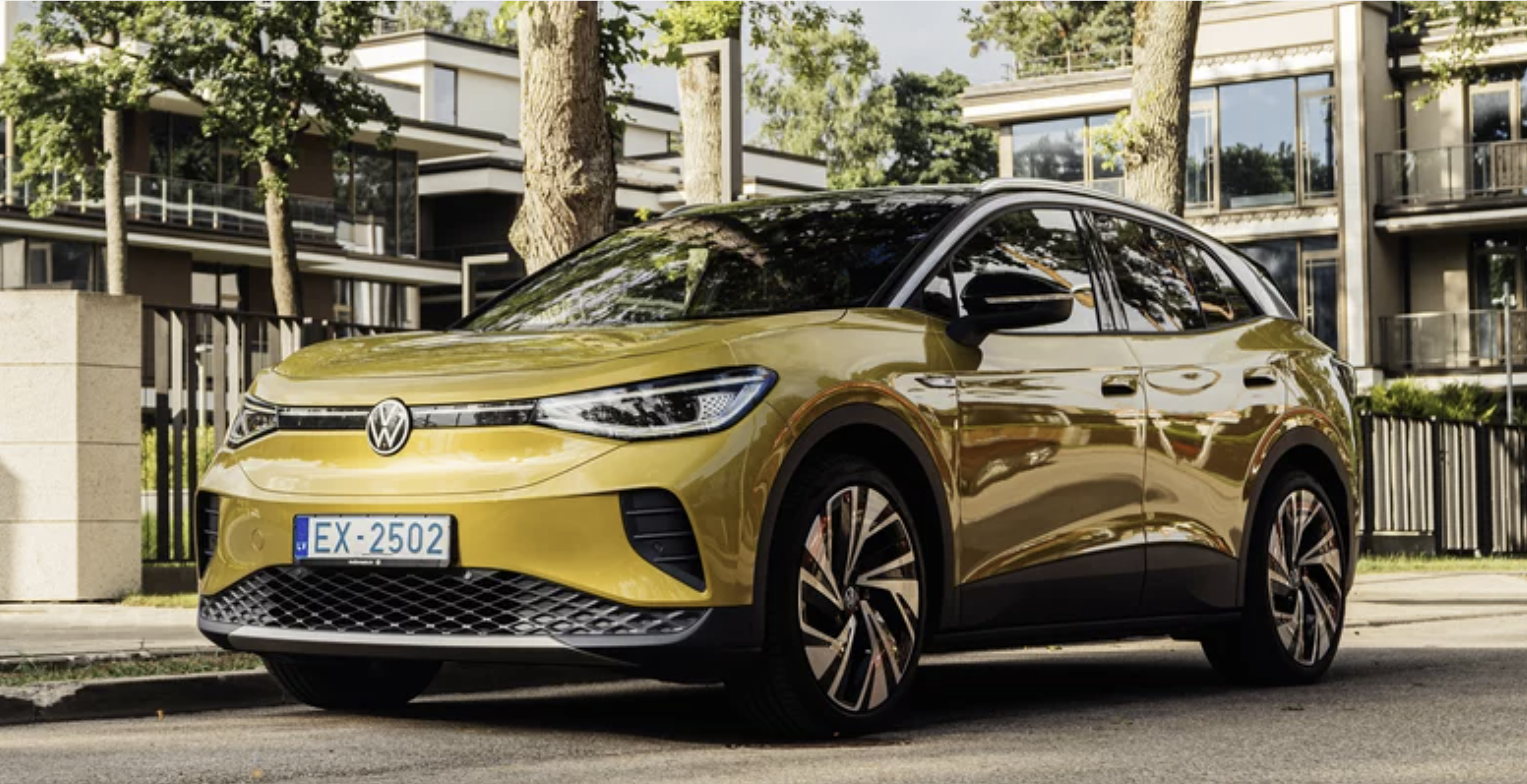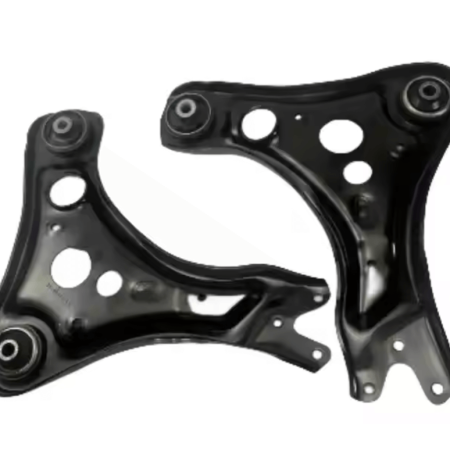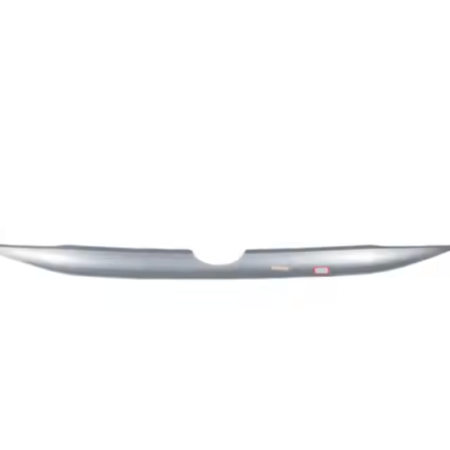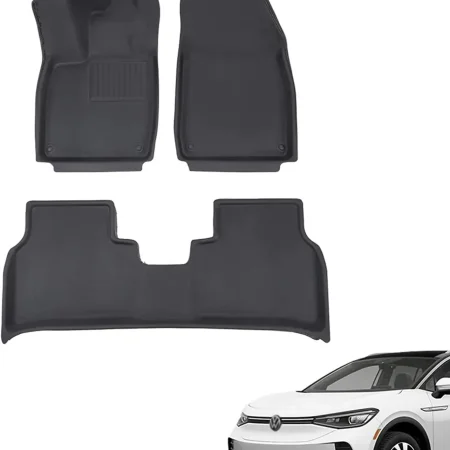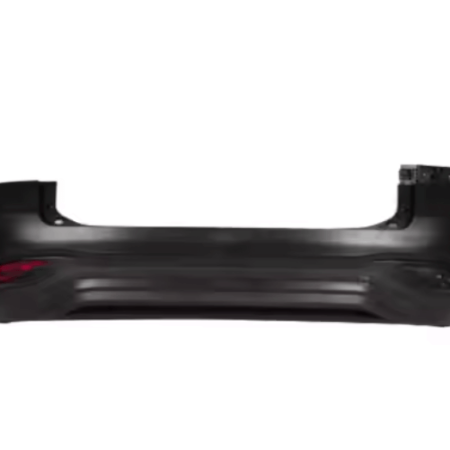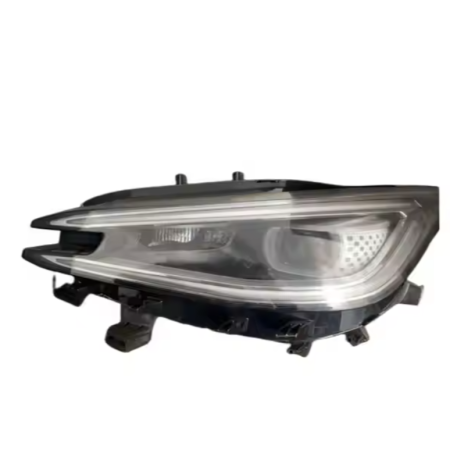How Long A Volkswagen ID.4 Battery Will Actually Last: ID.4 Battery Warranty
Volkswagen’s ID.4 marks a pivotal advancement for the brand, signaling its inaugural entry into the realm of affordable electric vehicle crossovers.
Unlike the high-performance and flashy Tesla Model S and GMC Hummer EV, which cater primarily to enthusiasts rather than practical-minded families or budget-conscious commuters seeking more space than offered by models like the Nissan Leaf or Chevy Bolt, the ID.4 addresses a vital market niche. In the United States, where crossover vehicles reign supreme on the roads, Volkswagen’s focus on the ID.4 perfectly aligns with current market trends and demands.
When contemplating the transition to an electric vehicle, potential customers often have several crucial questions, primarily centered around the battery. They inquire about the vehicle’s range, charging duration, and the expected lifespan of the battery before it needs replacement.
These concerns are completely legitimate. The reassuring fact is that the ID. 4 battery warranty, like many other electric vehicles, boasts a relatively long lifespan before reaching a point where it is no longer functional.
Is the ID. 4 battery warranty ready for long-term use?
Right from the start, Volkswagen provides an eight-year or 100,000-mile ID. 4 battery warranty. This id.4 battery warranty remains valid until the battery degrades to about 70% of its original charge capacity. Similar warranties are standard among other EV brands. For example, General Motors offers an eight-year or 100,000-mile warranty for Chevy EVs, and Tesla covers the base versions of the Model 3 for the same duration—eight years or 100,000 miles.
id.4 battery warranty offers peace of mind, but what happens once it expires? Battery replacement is expensive, and an electric vehicle (EV) with limited range defeats its purpose. Charging an EV takes longer, and finding charging stations isn’t always easy. According to MotorBiscuit, the ID.4’s battery is projected to endure 300,000 to 400,000 miles before its range noticeably declines. In contrast, traditional cars often face major mechanical issues long before reaching such high mileage.
This durability is encouraging for those contemplating the switch to EV ownership. Going forward, automakers must be transparent about EV capabilities to address valid concerns among potential customers.


